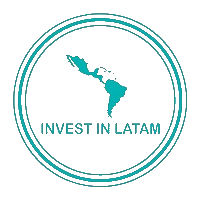
Invest in Latam
Invest in Latam was founded in 2011 by a group of Spanish Entrepreneurs who felt in love with Latin American Culture, People and Potential. Our first feeling was that much more Business and Investments could be attracted in the region.